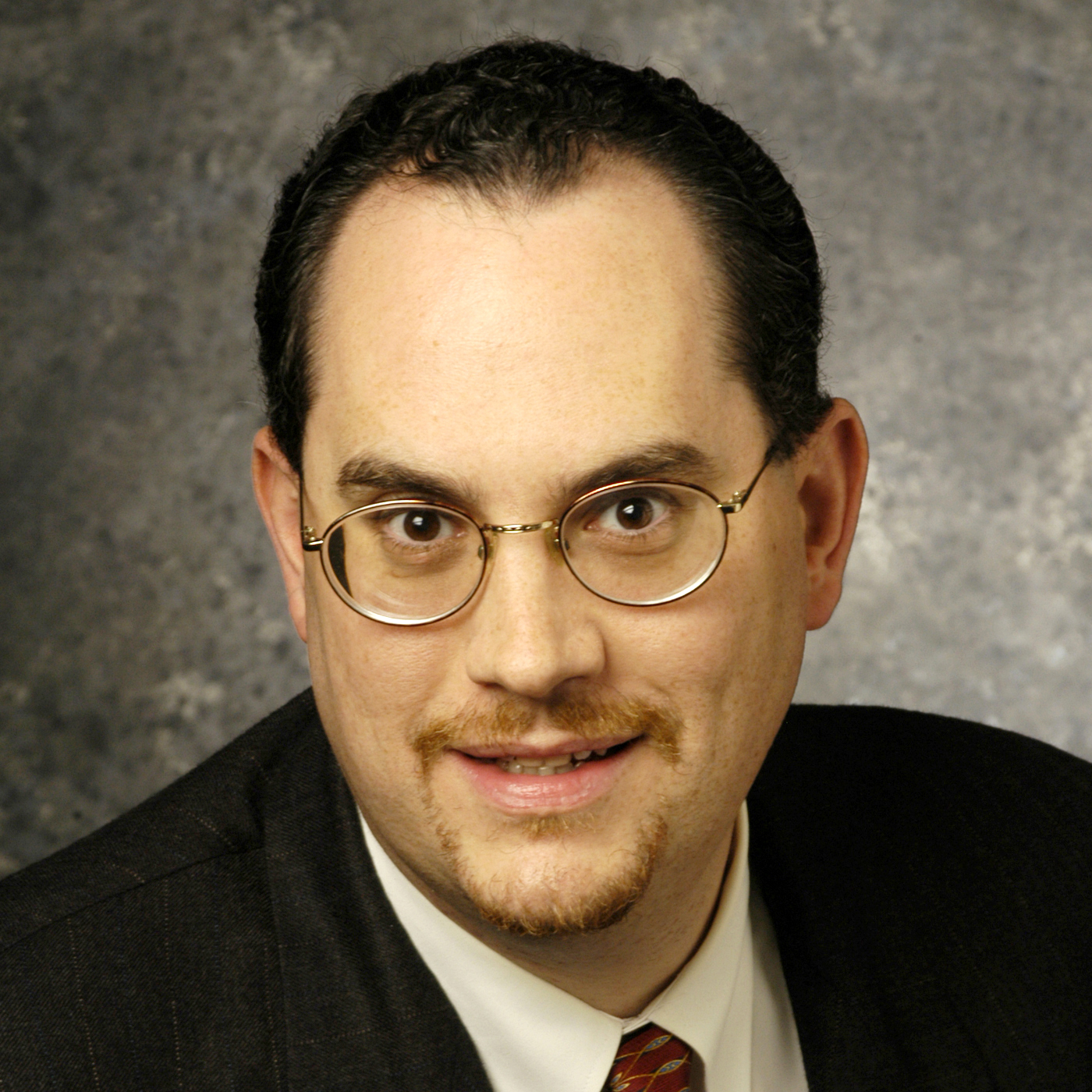TEXAS FAITH: Does special legal status mean churches and religious groups should be treated differently in court?
William Lawrence, dean of SMU's Perkins School of Theology, and SMU Political Science Professor Matthew Wilson, a specialist in religion and politics, talk about whether legal disputes involving churches and other religious institutions are constitutionally different from those involving their secular counterparts.
Moderated by Wayne Slater
The Dallas Morning News
The U.S. Supreme Court last week agreed to hear a case about the legal protections afforded religious organizations from anti-discrimination laws when it comes to hiring their own clergy and employees. Employment is just one area where churches sometimes are treated differently than secular organizations in civil courts. There are property disputes, for example. Zoning issues. An employer's responsibility for an employee's actions. The Pew Research Center's Forum on Religion & Public Life examines all this in a new report.
The First Amendment guarantees religious liberty - in effect, it bestows a unique legal status on religious organizations. But does that mean some decisions by religious organizations are beyond the reach of civil laws? Should they be? We're not talking about criminal prosecution, but about how broad a role government should have to direct, control or influence religious institutions.
As the Pew study asks: Are legal disputes involving churches and other religious institutions constitutionally different from those involving their secular counterparts. And if so, how?
Great responses from our Texas Faith panel.

It is clear that religious organizations interface with the legal system's civil courts in a constitutionally unusual, if not unique, manner. The Roman Catholic Church, which does not permit the ordination of women, has a clear constitutional protection from civil suits alleging gender discrimination. The Southern Baptist Church and other conservative Protestant bodies often prohibit women from ascending to positions of leadership (and, thereby, from having access to big advances in compensation) based exclusively on their theological views about gender differentiation, yet no civil court action will alter this stained glass ceiling. United Methodists have a tradition of "itinerant ministry," by which ordained elders may be moved to new pastoral assignments under the authority of a bishop who, according to church rules, must consult with the affected minister but still maintains complete control over the making of pastoral appointments.
The civil courts are loath to intrude into such personnel matters. Similarly, property matters have special protections for religious groups. The United Methodist Church identifies itself as a "connectional" rather than a "congregational" body. To this day, its official book of ecclesiastical laws (known as The Book of Discipline) contains a provision that has been a part of Methodism since the 1760's. It is called the "trust clause," and it stipulates that local church properties are held "in trust" for the connectional church. That way, if a church building is abandoned by a congregation, the property becomes the possession of the "annual conference" (another technical Methodist term) for that region. Moreover, if the members of some local church in United Methodism should become angry with the denomination and seek to separate from it, they are free to leave as individual persons but they cannot take the property with them, since it is held in trust for the denomination.
Nevertheless, one famous case involving The United Methodist Church did have a significant impact on relationships between religious bodies and civil courts. Known as the matter of the "Pacific Homes," this case involved a church-owned residential institution for elderly persons. Individuals had entered a facility of the "Pacific Homes" by paying a significant fee in return for which they were contractually guaranteed to receive permanent care for the rest of their lives. However, it became clear to the church leaders and to the administrators of the "Pacific Homes" that these initial fees were too low and the earnings on invested funds were too meager to provide for the lifetime care of residents. When managers of "Pacific Homes" sought some additional fees from the residents, suits were filed and the courts ruled in favor of the residents. The eventual outcome was that nearly all church-owned health care and managed care facilities were moved into separate, non-church-owned, corporations. Of course, this was more a case about a breach of contract with residents than it was about the constitutional guarantees of religious freedom.
Legal disputes involving religious institutions remain constitutionally different from other matters in the civil courts. That is clearly because the First Amendment to the Constitution, the first item listed in the Bill of Rights, provides specific constitutional assurances that "Congress shall make no law respecting the establishment of religion nor prohibiting the free exercise thereof."

If religious freedom, and especially the free exercise clause of the first amendment, are to mean anything at all, then many of the legal disputes involving religious institutions have to be regarded as constitutionally different from those involving their secular counterparts. Employment law, to take just one example, would lead us quickly to absurdities if it were to be applied to religious congregations in the same way that it is applied to a bakery or a carwash. I should not be able to sue a synagogue for refusing to hire me as a Rabbi because I am not Jewish; if Neiman Marcus refused to hire me as a store manager for the same reason, by contrast, I would have a legitimate grievance.
People become part of religious congregations or institutions by choice, not by legal compulsion or material necessity. As a result, their continued decision to be part of that faith community implies consent to the community's norms, values, and standards--or, at the very least, a commitment to work to change those standards from within, and not by recourse to pressure from outsiders. I am not a Mormon, but if I chose to teach at Brigham Young University (a position that they would be well within their rights not to offer me precisely because I don't share their faith) I would be agreeing to abide by Mormon codes of conduct. As an adult U.S. citizen, I have civil rights to drink alcohol and to engage in extramarital sex. I should not, however, have recourse to the courts to force BYU to retain me as an employee if I chose to exercise those rights in defiance of their faith-based community norms. If I did, it would make the very idea of a seriously religious university (whether Mormon, Catholic, Baptist, Jewish, or anything else) absolutely impossible. Clearly, there are and should be legal differences between being a professor or student at Baylor and being a professor or student at the University of Texas.
The bottom line is that yes, some decisions by religious organizations are and ought to be beyond the reach of civil (not criminal) laws. The "lowest common denominator" standards that govern our public, secular life cannot be allowed to intrude into communities of faith without destroying those communities. If certain roles wthin a religious organization are reserved to men (or women), that is the group's prerogative; if certain legal (but, in the faith's view, immoral) behaviors result in expulsion from the congregation, denial of employment, etc., then so be it. The civil law should not be a club with which to bludgeon religious institutions into abandoning the teachings of their faith.
# # #